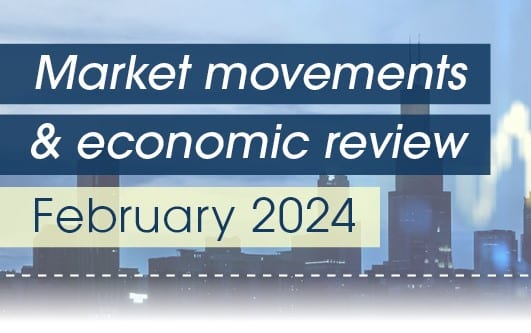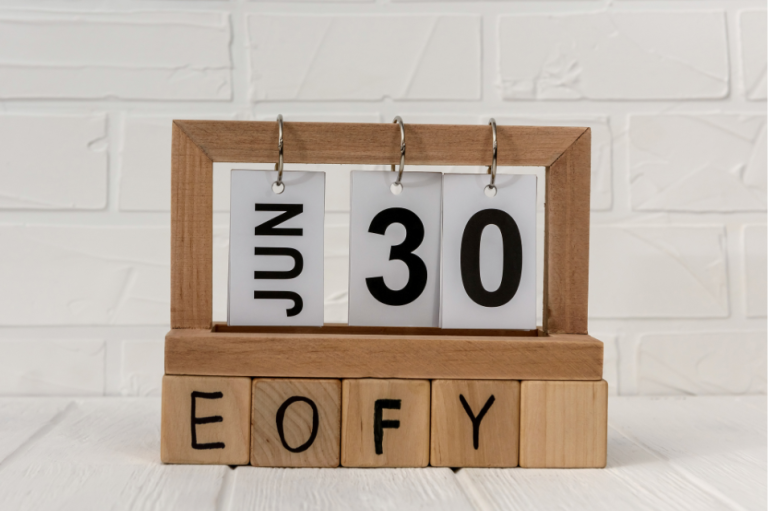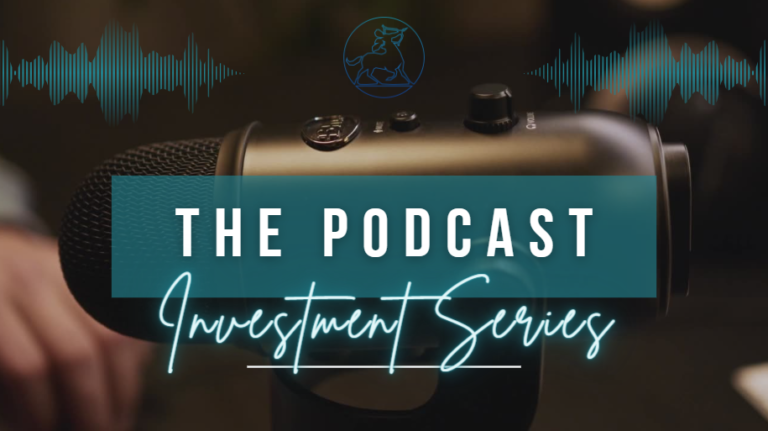Slightly out of context but the quote points to watching something continually, can make it feel like it is never going to happen – in this case boil.
Investment markets can feel the same way.
The answer to the question, ‘is a correction coming?’ is ‘ALWAYS’.
The cyclical nature of investment markets has not changed and the momentum caused by ‘fear and greed’ is not driven by fundamentals, but by psychology, hence very hard to predict.
Australian and international share markets have had a very positive 12 months and property markets have had the same. Over three years, we have seen some major fluctuations but the average return has been very strong when compared to inflation.
Long term analysts talk about CPI plus numbers or ‘real return’s’ – the return net of inflation.
In the 70’s the average inflation was 10.5% and the 80’s 8.2%. Any return had to be well above this to keep pace with the rising cost of living.
Thanks to some very strong returns by our underlying active and ‘smart beta’* managers our models have had even stronger returns than the average and investors understandably start to consider how long yearly positive returns can run. Experience has taught us to be looking for the ‘correction surprise.
*Smart beta is a quant style of managing money that uses a particular filter. An example is investing in the top 80 stocks in the Australian sharemarket but holding 1.22% of each stock. An index manager would hold the 80 stocks based on their market weight which would mean a share like CBA would make up more than 8% of the portfolio and financials in general would be more than 33% of the holdings.
Without trying to provide a lesson on portfolio management theory, we would argue the ‘buy and hold’ strategy has its problems and that is why your AAN Asset Management portfolios and models, reweight quarterly.
If a sector such as Australian shares or commercial property has a strong quarter, we ‘reward’ that sector by reducing them back to our portfolio benchmark and spreading their accumulated outperformance across the other sectors in the portfolio. Essentially you are taking profits every quarter and redistributing them across the whole portfolio.
If you just ‘held’ that sector your portfolio would become overweight in that sector and increasingly add concentration risk.
Additionally, your investments are held in various styles of management which can perform differently based on the environment:
- If the market is running hard but the fundamentals don’t justify it, passive or index funds do well and active managers can underperform as they struggle to justify buying at inflated prices. An active manager may increase their cash holdings during this time.
Alternatively in volatile markets, active managers can shine as they buy into undervalued quality stocks impacted by general negative market sentiment and often trade out as they recover and move to stretched valuations again.
WHY ARE WE TELLING YOU THIS?
Markets are stretched and despite some commentators talking about ‘transitory’ inflation, the broader market has now moved to anticipating inflation driving interest rate rises in 2022 (Bloomberg 2021-12-13/fed turns Hawkish). Something we, and our analysts have been anticipating since June.
The big spending policies of the US Government were being introduced in an already strengthening economy and the inevitable result is very strong wages growth. Businesses like McDonald’s raised their minimum wage by over 10% back in May 2021 as they struggled to find staff.
US unemployment has dropped to 4.6% in October 2021 (6.9% in October 2020) and we are seeing the same results here. CPI in the US rose 6.2% in October and 6.8% in November and they are the strongest rises since 1982.
In Australia, we now have 180,000 employed workers more than our pre-pandemic numbers, and our unemployment rate is at 4.6% as well. In economic speak, this is classed as pretty much full employment as the available pool in these numbers includes all adults aged 15 and over. This includes people being retrained, injured or disabled but would prefer to work.
Wages growth is a major building block of inflation. Groceries and building materials can fluctuate based on availability but wages growth is ‘baked in’.
So inflation is rising – nothing to panic about and Australian Treasury wants 2-3% inflation. What it does impact is relative valuations and costs of debt as it puts pressure on interest rates.
Home, business and credit card debt can increase. This impacts household discretionary spending, business investment, property prices and pretty much all the supply chains that deliver our goods and services. Think the cost of financing a truck that delivers goods to a leased property that is financed, etc.
The economy then starts to slow as spending reduces. We are naturally cautious so we put off buying that item until it is absolutely necessary.
In investment markets, bond rates start to increase which can make bonds attractive to investors relative to shares so there is a reallocation across asset classes.
That reallocation can reduce the demand for shares and that can lead to a softening in prices. All part of the cycle.
That pot has been simmering away while you have been reading…!
The good news is we have already been managing this:
- You have been taking profits each quarter and locking in your gains.
- Our more conservative investors and most of our retirees also have additional downside protection built into their portfolios that will reduce and soften the impacts of any sudden market volatility.
- Our active managers have been managing additional cash allocations within their mandates.
- Our retirees have cash buffers to manage their income needs through negative markets while still giving them upside if markets continue to grow.
Yes, we are doing the worrying for you and as normal, what you read in the news cycle has already been part of our thinking for some months.
As always if you have any concerns talk to us as there are things we can do to further reduce risk, but you can sleep easy knowing that many of the moves we would discuss are already happening.
A VERY MERRY CHRISTMAS
Instead of being concerned about the above, we would prefer you enjoyed a wonderful Christmas and New Year with your family and friends, especially with those who have been separated by Covid restrictions.
2022 will be on us shortly, and yes, it will be the next normal. Despite the breathless reporting, we are definitely getting much closer to the end of this pandemic and there is lots of good news that is drowned out by politics and agendas.
- We have strong vaccination rates;
- Improved treatments; and
- Some of the best medical resources in the world.
Domestic and international travel is on the rise and it looks like pretty good beach weather here on the GC for the summer!
The Tasmanian disaster recently puts lots of things into perspective so let’s celebrate what we have achieved and spend time with people we care about.
From all of us at Centaur Financial Services and AAN Asset Management, thank you for working with us and we look forward to lots of ‘face to face’ meetings in 2022. Enjoy every minute!






































































